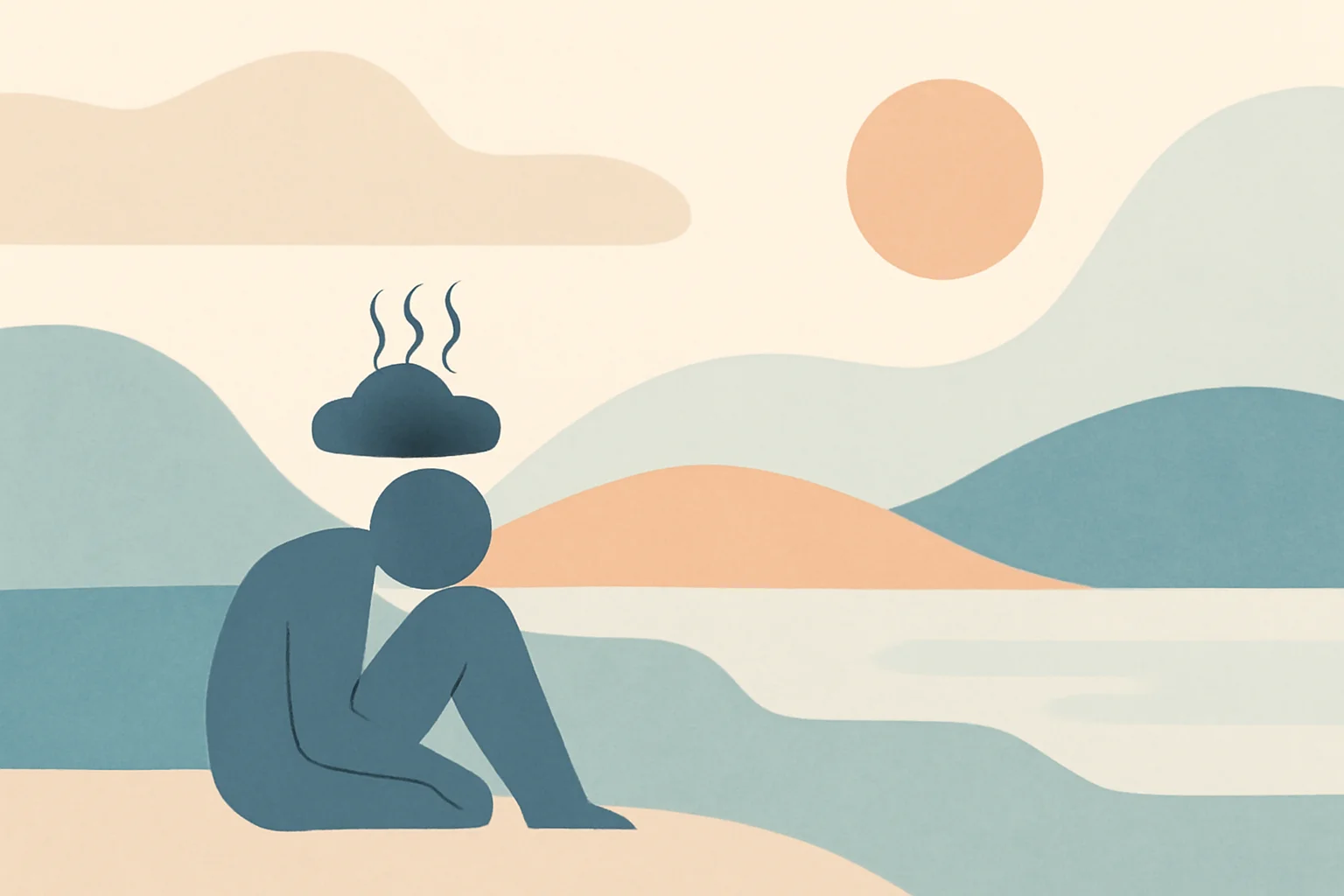
The Impact of Depression and Stress on Our Daily Lives
A fast-paced modern world and constant expectations affect many people’s lives. Stress and depression, as two common mental health issues, are often confused with one another, but they are actually different conditions. Stress is most often a temporary state that arises from external circumstances such as workplace pressure, personal relationships, or financial concerns. In contrast, depression is a more persistent and deeper emotional state characterized by sadness, disinterest, and loss of energy.
The occurrence of stress and depression is often closely intertwined. Prolonged stress can deteriorate a person’s mental state, leading to the onset of depression. The challenges of everyday life, workplace expectations, and personal problems can all contribute to a loss of control, turning stress into a chronic condition. However, it is important to emphasize that the management of the two conditions requires different approaches.
To maintain mental health, it is essential to apply appropriate awareness and strategies that can help manage stress and depression. Additionally, on a societal level, reducing stigma is important so that those in need feel empowered to seek help from a doctor.
What is stress?
Stress is a natural reaction that is the body’s response to challenges or threats. This reaction is triggered by the release of hormones such as adrenaline and cortisol, which prepare us for fight or flight. Stress can be short-term, which is temporary and generally does not cause lasting problems, or long-term, which can have serious consequences.
Short-term stress, such as before an exam or job interview, can also have a motivating effect. It can help with concentration and performance enhancement. However, if stress is present in our lives for an extended period, it can lead to fatigue, anxiety, or even physical illnesses.
The causes of stress can be very diverse. These include workplace problems, family conflicts, financial difficulties, and social expectations. There are various ways to manage stress, such as regular exercise, meditation, breathing exercises, and social support. It is important to recognize the signs of stress and seek solutions for its management before it becomes chronic.
Stress also affects physical health. Chronic stress can increase the risk of heart disease, diabetes, and other health problems. Additionally, stress often leads to sleep disorders, eating issues, and weakened immune function.
Characteristics of depression
Depression is a serious mental illness characterized by persistent sadness, disinterest, and lack of motivation for everyday activities. Depression is not just a change in mood; it is a complex condition that can involve physical, emotional, and social symptoms.
Signs of depression may include fatigue, sleep disturbances, concentration difficulties, and decreased self-esteem. Those affected often lose interest in activities they previously enjoyed and may experience social withdrawal.
There are different forms of depression, such as major depression, persistent depression (dysthymia), and bipolar disorder. Treatment often requires medication, psychotherapy, or a combination of both. Finding the right help is crucial, as depression can have serious consequences, including social isolation and deterioration of physical health.
It is important for those affected not to feel alone with their problem and to seek support. Family, friends, and professionals can assist in the healing process. Treating depression is a time-consuming process, but with the right help and support, many can regain their normal lives.
Relationship between stress and depression
Although stress and depression are different conditions, they are often closely intertwined. Chronic stress can contribute to the development of depression over time. The constant feeling of pressure and worry can strain mental health, and symptoms may gradually worsen.
Emotional states triggered by stress, such as anxiety and tension, are often precursors to depression. When someone is under constant stress, their energy levels decrease, leading to a loss of motivation. This can create a vicious cycle where fatigue and disinterest caused by stress contribute to the emergence of depressive symptoms.
It is important to understand that the treatment approaches for stress and depression may differ. While managing stress often involves re-evaluating situations, applying relaxation techniques, or seeking social support, depression frequently requires professional help, medication, or psychological support.
From a prevention standpoint, it is crucial to be aware of the signs of stress and the risk factors for depression. A healthy lifestyle, regular exercise, adequate sleep, and nurturing social relationships can all contribute to maintaining mental health.
The relationship between stress and depression is complex, and both conditions deserve attention in their treatment. A conscious lifestyle and appropriate stress management techniques can help prevent the deterioration of mental health.
**Warning:** This article does not constitute medical advice. If you have health problems, please consult a doctor!

